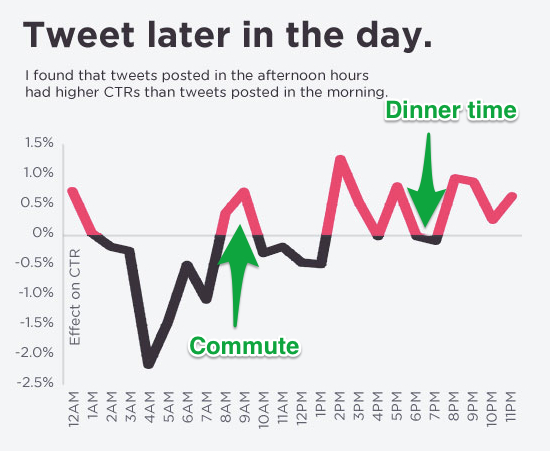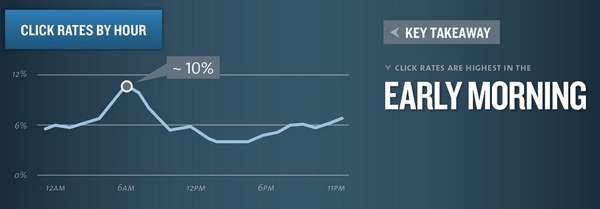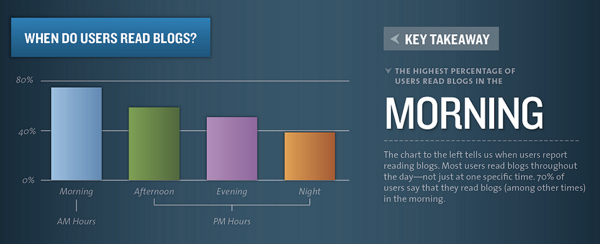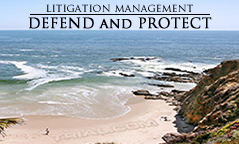The Power of an Instant Response
 Lawyers can take a page from Internet marketers who have discovered the potency of an instant -- and I mean immediate -- response to a client inquiry.
Lawyers can take a page from Internet marketers who have discovered the potency of an instant -- and I mean immediate -- response to a client inquiry.
Tale #1: I recently bought a new laptop (Windows 7 Toshiba Satellite) and was aggravated that I couldn't open attachments from emails or install a new program. The mystery problem seemed to be with the pre-installed Norton antivirus, and I contacted customer support. I completed the online form and was notified I was #66 in line! You guessed it -- I missed my turn.
I was considering uninstalling Norton when the phone rang. I was astounded that it was Norton support, calling to reconnect me with a tech support person. Taking control over my laptop, she immediately fixed the problem. I was delighted and they kept me as a customer.
Tale #2: I have an idea for a service and bought a domain name via Register.com. Within a minute the phone rang, and it was a guy from Register.com, offering to build a custom website at no charge. The site would include graphics, several pages and email accounts. Hosting would cost $115 per month.
It seemed like a good deal but I told him I wanted to think about it. He said the offer was good only over the phone. So I turned him down because I don't like "act now" ultimatum-style offers. I might have said "yes" if I hadn't already looked into WordPress. In any event, I was impressed with the lightning offer.
Tale #3: After a week of hassling, I could not get Outlook 2013 to add my Gmail account. It kept rejecting my username and password. I Googled for a solution repeatedly, until I ran across JustAnswer.com. I read a transcript of an online chat with an expert who got Outlook 2013 working, so I tried it.
I willingly put down a $48 "good faith deposit," and was immediately connected with Jason, a tech expert. This guy was awesome. Using a chat feature I described my frustration and gave him permission to take over my computer remotely. I watched the screen as he quickly created a new IMAP Gmail account, got it working and deleted the defective account.
I was dazzled and soooo grateful. Using an online feature, I gave him a cash tip plus a good review. Then I learned I had a free trial and wouldn't be charged the $48 until after a week. In other words -- the fix was free. Needless to say, they have me as a customer when the trial ends.
Marketing Lessons
These tales taught me that the very best time to close a new client is the moment they are telling you about their problem. There will not be a better time to close them later on. If you wait for a client to do more research and mull things over, they may likely choose someone else. The person they will choose is the lawyer who closed the client as they listened to them talk.
So if you have subscribed to a lead generation service, be certain to have someone make a response the second it arrives.
The tales also show that a solution now is worth much more than a solution later. There is a huge intrinsic value to speed of delivery. This is why Amazon and eBay have gone beyond competing on overnight delivery, and are working on same-day delivery. Giving good legal counsel immediately is much better than giving excellent legal advice eventually.
Recently I needed advice on a contract governed by Ohio law. I found a lawyer online near Akron, and described the legal issue via email and phone. He gave me the bottom line answer on the phone on a Friday and sent me an eight-page opinion letter on Monday.
Making a legal problem go away without a wait is what clients really want.
 Buffer
Buffer Email: Consumer-based marketing emails are best sent early in the morning, from 6-10 AM. Click throughs pick up again after dinner, from 7-10 PM. Don't time emails to be sent in the middle of the night, because it's a dead zone. One survey found that Thursday is the best day for both open rates and click throughs.
Email: Consumer-based marketing emails are best sent early in the morning, from 6-10 AM. Click throughs pick up again after dinner, from 7-10 PM. Don't time emails to be sent in the middle of the night, because it's a dead zone. One survey found that Thursday is the best day for both open rates and click throughs.
.jpg)

 Jim Calloway
Jim Calloway


 In the third quarter alone, there were 19 law firm mergers and acquisitions announced in the United States, according to
In the third quarter alone, there were 19 law firm mergers and acquisitions announced in the United States, according to  Attention Lawyers: have you lost time and money on marketing that didn't work?
Attention Lawyers: have you lost time and money on marketing that didn't work?

 For more on this topic, see
For more on this topic, see  A law firm’s chances of winning an RFP drop to less than 12% if it hasn't helped their client prepare the RFP, according to
A law firm’s chances of winning an RFP drop to less than 12% if it hasn't helped their client prepare the RFP, according to  Larry Bodine is a journalist, lawyer and business development advisor to law firms. He is currently pursuing a project to publish legal news for consumers in newspapers, TV stations and web sites. For more information, you can reach him at 520.577.9759 and larrybodine.com.
Larry Bodine is a journalist, lawyer and business development advisor to law firms. He is currently pursuing a project to publish legal news for consumers in newspapers, TV stations and web sites. For more information, you can reach him at 520.577.9759 and larrybodine.com.


